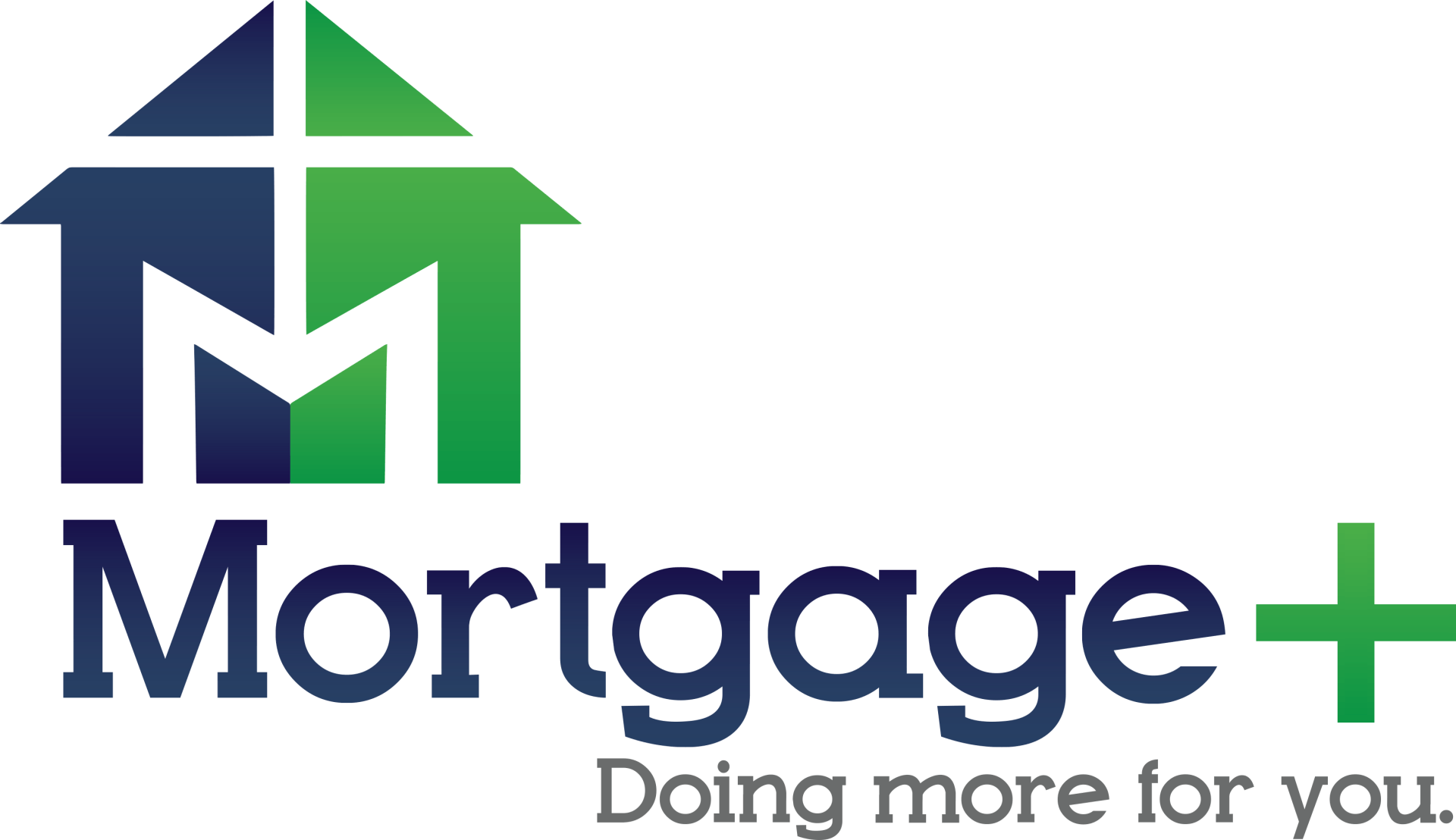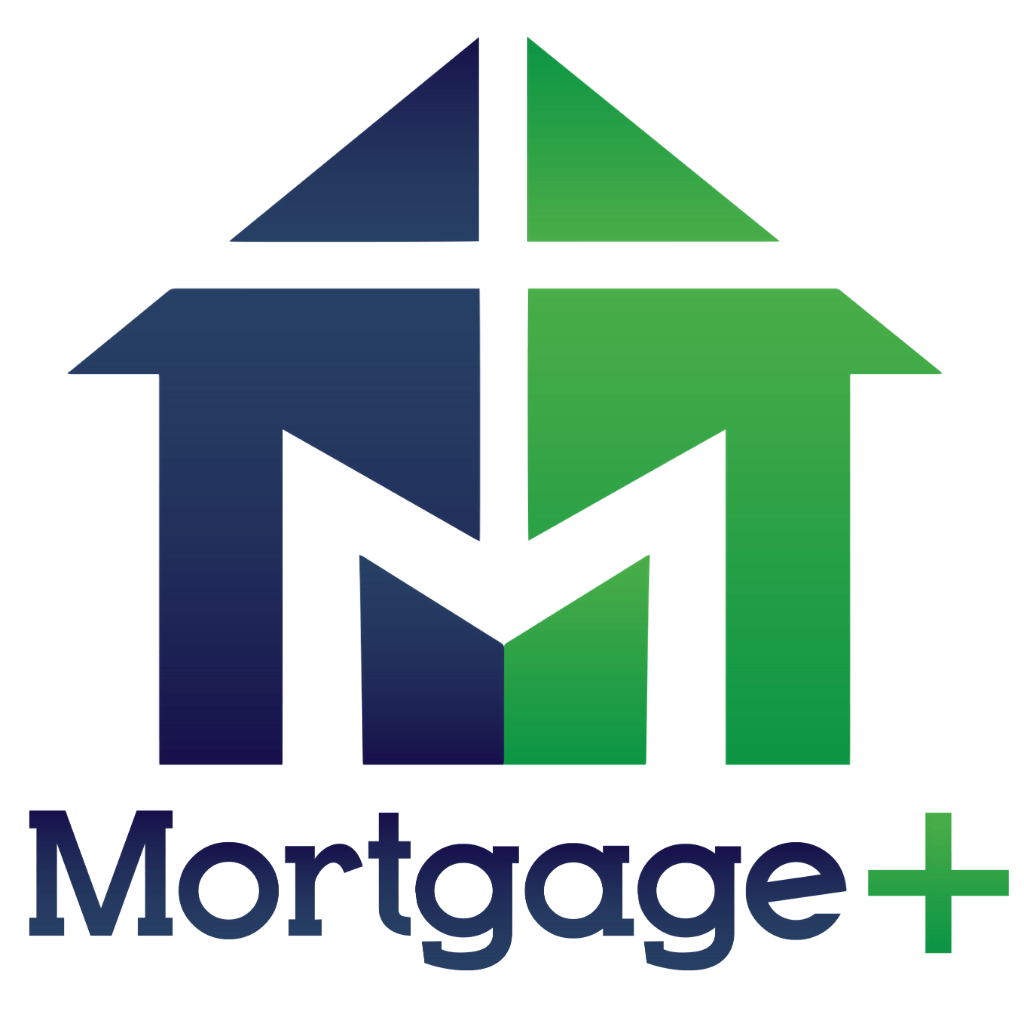Mortgage Plus FAQ's
- How much can I afford?
There are several factors that determine the home loan amount and purchase price that you can afford. For qualification purposes, lenders look at income, debt, assets (how much money you have for the down payment, closing fees, points, and other funds necessary to close your home loan), as well as credit. There are many different loan programs that offer different terms and rates, and some require lower down payments than others and offer more flexibility in credit and income. The best thing to do is to contact one of our loan officers to get qualified.
- How long is the home purchase process?
A typical escrow period is 30, 45, or 60 days. The escrow period, defined on the purchase contract and agreed upon by both buyer and seller, is usually what dictates when your loan closes. If you have already entered escrow and are closing in less than 30 days, we can still close your loan on time if we are brought into the loop as soon as possible. We have closed home loans in as little as 7 days!
- What type of documentation do I need for a purchase home loan?
You will need paystubs, W2s, tax returns, bank statements and your purchase contract to get started.
- How does refinancing work?
Before you refinance your home, it's important to know what questions to ask, research available loan options, calculate refinance payments and determine whether or not refinancing will benefit you. Once you decide that refinancing will help you, be sure you understand the process so that you know what to expect.
- Can I refinance with bad credit?
Depending on the reasons why your credit is imperfect, there are great loan options available including our government programs. Call and speak with one of our licensed lending officers to determine whether or not you qualify for one of our programs.
- How much can I save with a refinance?
Every situation is different. It depends on what your current interest is and what your motivation is for refinancing. If your current rate is higher than what is available in the market, it probably makes sense to refinance. To get an idea of what you could save by refinancing, check out our mortgage calculator page and input numbers specific to your situation or call one of our licensed mortgage loan officers for some expert advice.
- What is a Conventional loan
A conventional loan is a great option if you have a good credit score and low debt. You can avoid PMI by paying 20% of the loan upfront, which will lower your mortgage payments. If you're unable to make a large payment upfront, conventional loans are available with a low down payments as well.
- What is a VA loan
A Veterans Affairs (VA) loan helps service members and veterans become homeowners. The VA loan program was designed to offer veterans and eligible surviving spouses a way to get long-term financing for a home when they might not be able to otherwise. It’s easier to qualify for a VA loan than it is for a traditional mortgage, and it can be a great option for the more than 22 million veterans and active members of the military. Find out how a VA loan can help you get into the home of your dreams.
- What is a FHA loan
When you are deciding which loan is best for you, there is a lot to consider. If you are looking to finance a primary residence, FHA is a great option to look into as these loans are designed to make home ownership more attainable and are often great products for first time home buyers or buyers that do not have a large sum saved for a down payment.When considering all costs, buyers that finance with an FHA Loan will need to pay what’s termed an Upfront Mortgage Insurance Premium (UFMIP) as well as a monthly Mortgage Insurance Premium (MIP) which is wrapped into the monthly loan payment.
- What is a USDA loan
A loan with low interest and zero down payments designed for low-income Americans who don't have good enough credit to qualify for traditional mortgages. You must use a USDA loan to buy a home in a designated area.
- What makes Mortgage Plus different than big banks?
- 1/3 of the time to close
- Lower rates
- No lender fees
- Available 24/7
- More loan options
- Lower minimum credit scores
Expert Advise at Your Fingertips
Our home loan experts are available 7 days a week to answer all your mortgage questions.
All Rights Reserved | Mortgage Plus | ICONIC Web Design by Get Iconic

